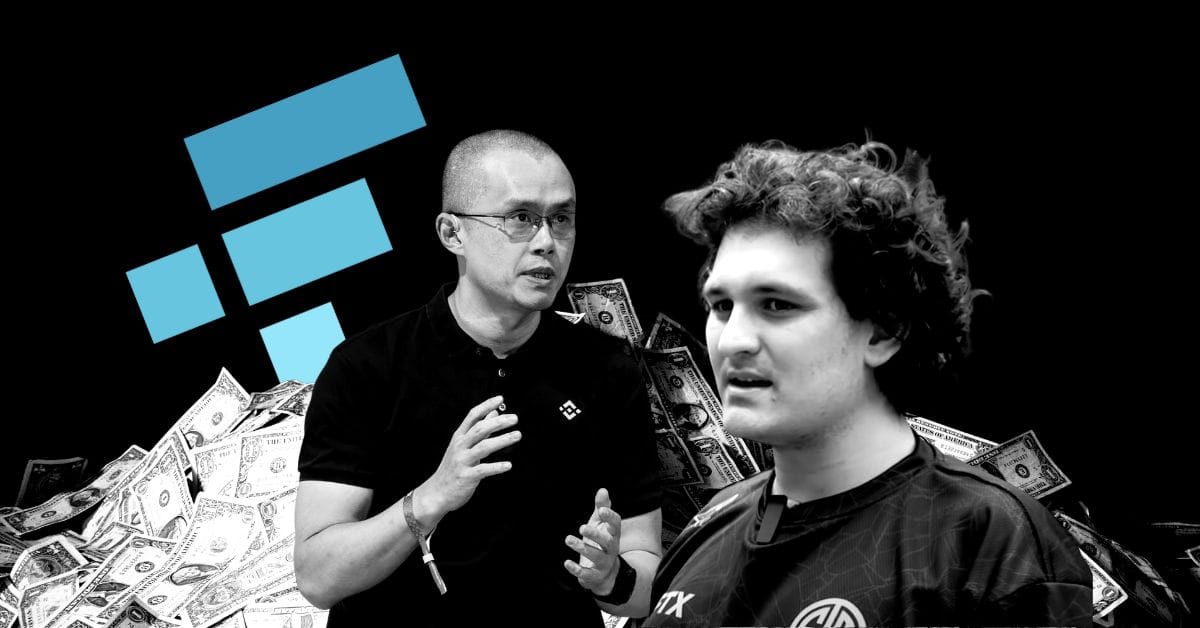The Flexible/Agile Mind of Attention
How do you process yourself through a stressful and chaotic world? It has to do with how you focus your attention. Everyone and everything wants your attention. Are you going to give it to them? Or, are you going to direct it more intentionally toward what’s important for you?
In Warrior Lesson #16 we looked at the Unmoved Mind of awareness. Here we’re looking at the Flexible/Agile Mind of attention. The Unmoved Mind of awareness grounds you. The Flexible/Agile Mind of attention helps you process yourself through challenges.
Stress is a natural part of life. The Flexible/Agile Mind of attention helps you navigate stress so you can learn and grow. How you use attention will determine your mental fitness. Understanding and applying the Flexible/Agile Mind of attention will make you more mentally fit.
This lesson will help you answer these questions:
- Why is it important to have a flexible/agile mind?
- What is the value of separating your identity from outcomes?
- How can you improve alertness?
Action options: Get answers to these questions by…
- Continue reading below (on our blog)
- Watch the video of this lesson on our YouTube channel
- Dig deeper into these concepts in our Falling & Commitment Online Course
=====
Brief Overview of the 2 Minds
I gave a complete overview of the 2 minds in Warrior Lesson #16.
Here are some summary points:
- The Unmoved Mind of awareness is expansive. It’s focused on everything. It doesn’t focus on something.
- The Flexible/Agile Mind of attention is awareness intentionally focused on something. Attention is the intentional directing of awareness. You direct it to something.
The Unmoved Mind of awareness stands still like a mountain. It’s unmoving. The Flexible/Agile Mind of attention moves like water. This mind helps your attention flow the easiest way through stress. It follows the path of least resistance (POLR). It allows attention to flow.
POLR is not being lazy. It’s smart. However, there is a caveat. Without a goal, following POLR will cause you to skirt the stress. It’ll leave you nowhere meaningful. With a goal, the Flexible/Agile Mind will direct your attention to process yourself through stress.
You do this while keeping the goal in your awareness. Doing this makes sure you know the direction you’re going. You won’t skirt the stress. You’ll engage the stress as a learning opportunity so you can grow and achieve what’s important to you.
Both Mentally Tough and Mentally Flexible
You may think you have to choose between being mentally tough or mentally flexible. Yet, both have value. The real question is: How do you utilize both? And the answer is: It has to do with timing. You are mentally tough about goals that are important for you to achieve. And you’re mentally flexible as you work through the stress toward your goals.
In other words:
- You are mentally tough before action.
- You are mentally flexible during action.
You need mental toughness to stand up for what you’ve determined is important. How do you want to live your life? What really matters? These questions help you know what you want. You determine this before action.
But once you take action, mental toughness limits you. Why? Because you need to learn something. Mental flexibility is needed for learning. Thus the need for being flexible during action.

Mental Agility
You need more than flexibility. You also need mental agility. Mental flexibility allows you to bend. You bend your misconceptions to create a better understanding. Meaning, you’re willing to change your conceptions of the world.
To actually do this bending, though, requires agility. Agility is the active form of how you use your mind. Your mind is agile as it moves through stressors. You’re agile by shifting between listening and speaking. You take in new information others share. You find ways to integrate it into better conceptions. You then speak to share that with others.
Mental agility sustains your attention as you navigate challenges. You need to come to terms with the fact that you’re wrong about some things. Or you’re at least partly wrong. This sense of being wrong is threatening to your ego. With developed mental agility you diminish the ego’s tendency to prove you’re right. You’ll keep your ego in its place so you can focus on modifying what you currently know. This allows you to learn.
Alertness
Being awake is the foundational aspect of the Unmoved Mind of awareness. Being alert is foundational for the Flexible/Agile Mind of attention. Be alert as a warrior in enemy territory. You’re navigating a chaotic and stressful world. It’s a kind of enemy territory. You need to be alert.
Do you feel in control or out of control about your life? All the chaos in the world can make you feel out of control. But you can also feel out of control because you don’t focus your attention effectively. This is something tangible you can address.
To be alert begins with having an internal locus of control. You focus on yourself, on what you actually have control over. And what do you actually have control or influence over? Your attention. An internal locus of control focuses attention on your mind and body. This helps you direct your attention intentionally to process through stress.
In climbing:
- The Unmoved Mind of awareness stops still at stopping points. Here you can be mentally tough as you remind yourself of your goal.
- Once you begin climbing, though, you utilize the Flexible/Agile Mind of attention. You focus it so you can move like water.
You’re flexible as you adapt yourself to what the rock presents you. And focusing your attention somatically on the body helps you be agile. You focus on breathing, moving continuously, relaxing, and maintaining eye contact on holds. These are the BEB (breathing, eyes, body) elements of focusing attention somatically.
Separate Identity from Outcome
The question now is:
- How well can you keep your attention focused on the BEB elements so you can move like water? Chances are, not very well, if your ego is in charge.
- So you need a tool to put the ego in its place. That means, the ego isn’t in charge of directing the learning process.
The ego gets its sense of importance from outcomes you achieve. For example, you’re important, according to your ego, if you can climb the 5.13 difficulty grade. However, climbing 5.13 won’t be enough once you’re able to climb that grade. Your ego will begin comparing itself to others. You’ll feel worthless climbing only 5.13. But if you could just climb 5.14, then your ego will feel important again.
This is the game your ego plays. So how do you deal with it? You separate your identity from outcomes. You’re not a more important person based on climbing harder grades. You’re not more important than others that climb lower grades. You’re equal to others. This is putting the ego in its place. This is how you prevent it from distracting your attention from the task. This is how you use your Flexible/Agile Mind of attention better. It’ll help you direct your attention more intentionally. This improves your mental fitness.
Practice Tip: Stay Alert With 2 Questions
Your ego will tie how you feel about yourself to outcomes you create. This creates an external locus of control. To use your attention effectively, you need an internal locus of control. This will help you use the Flexible/Agile Mind better.
Use the 2 Questions tool. These 2 questions break apart the connection between your identity and outcomes. Doing that keeps your identity intact regardless of outcomes.
Here’s the drill:
Ask yourself these questions after creating an outcome:
- “What did I do well?”
- “What do I need to change–learn–to improve?”
For example: you fell short of the goal
- “What did I do well? I cycled between resting and applying effort well. This helped me use my energy efficiently.”
- “What do I need to change to improve? I noticed that I doubted myself when I was applying effort. I moved tentatively. I noticed a fear of failure. Next time I’ll move a little more deliberately to see if that diminishes the doubts and my fear.”
Separating identity from outcomes allows you to maintain an internal locus of control. This helps you direct your attention more completely to the task. You utilize the Flexible/Agile Mind of attention better. This keeps you alert as you navigate the stressor. It helps you move like water as you flow toward your goal.
==================
Watch the video of this lesson on our YouTube channel


